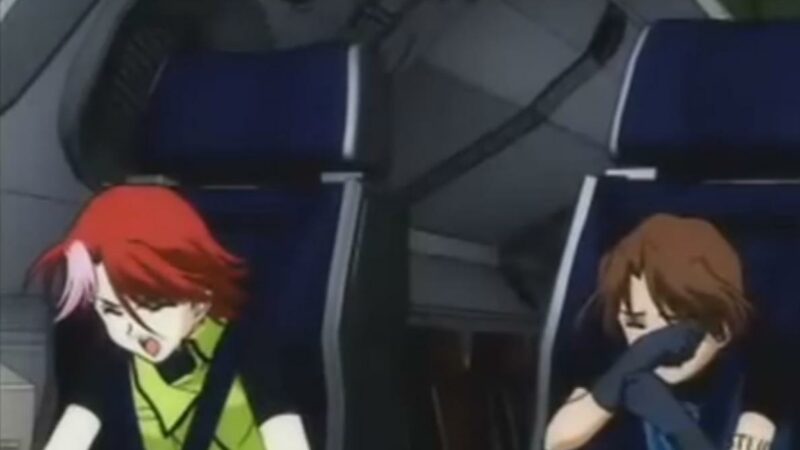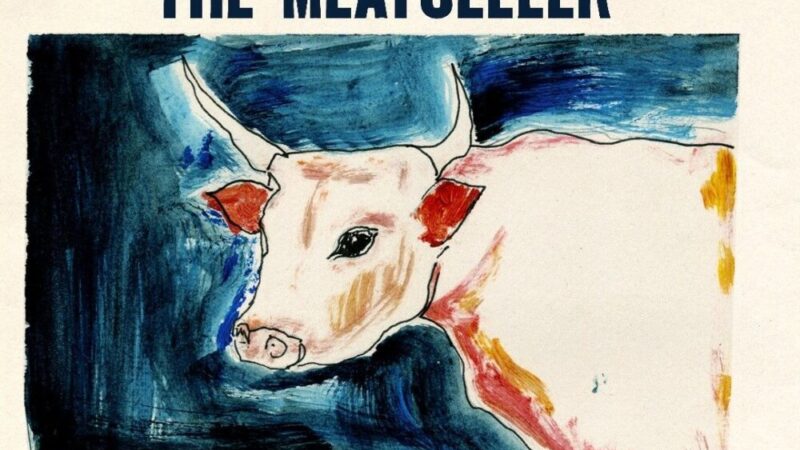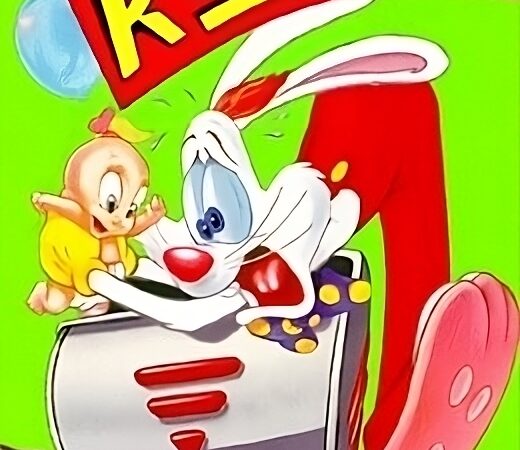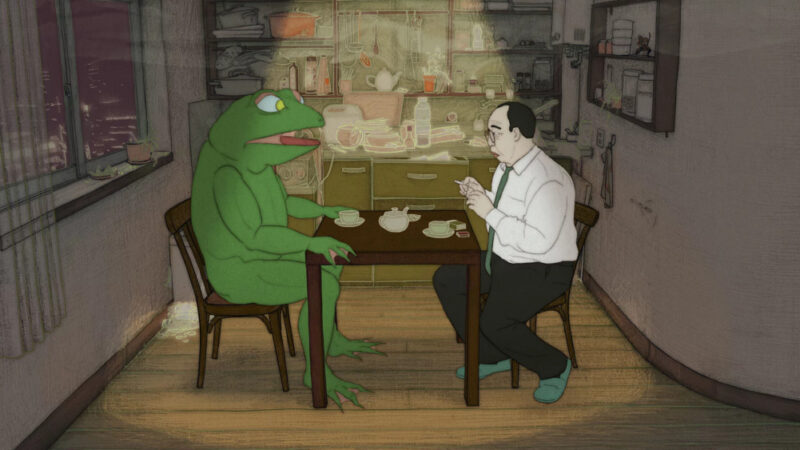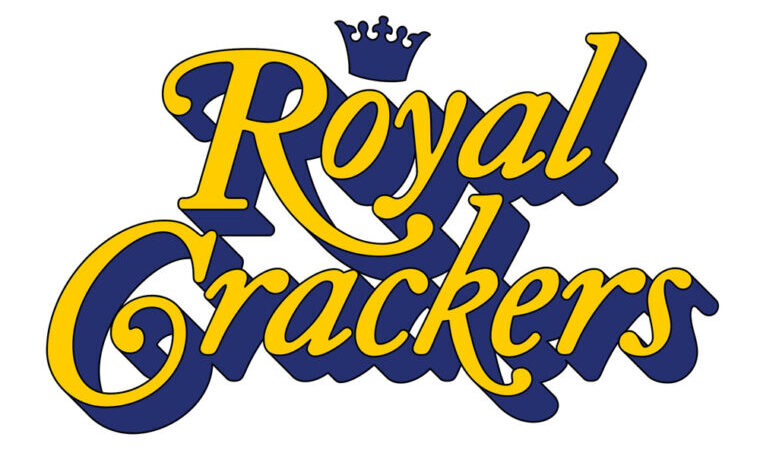Australia's content producers for children Deregulation of fear could decimate their industry
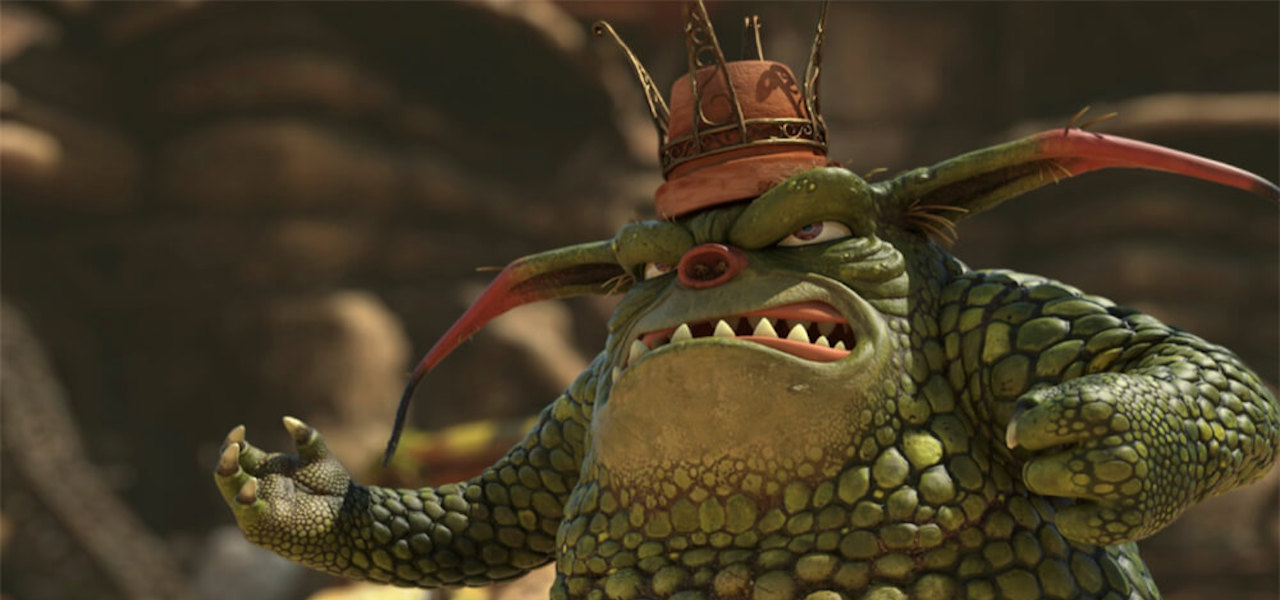
For decades, mainstream TV broadcasters have had to meet a 55% share of Australian content, along with secondary quotas covering children's programming, drama and documentary. They were required to broadcast at least 260 hours of children's programming and 130 hours of preschool programming per year. In April, the government suspended these quotas for the remainder of 2020, while maintaining the 55% rule.
This was unveiled as part of a coronavirus bailout package for broadcasters, whose ad revenue plummeted over the course of the pandemic. Explaining the policy, Communications Minister Paul Fletcher said the pandemic had "drastically halted the production of Australian film content".
However, broadcasters have been lobbying to reduce - or abolish - quotas long before the coronavirus. They are renewing those calls now, encouraged by the suspension. If they have to broadcast Australian content, their argument is fine, it is preferable to show more profitable genres such as reality TV, news and sports.
According to the free TV group from the broadcasters lobby, “Quotas have become completely irrelevant to modern Australian families, their children and their visual choices. It is time for them to be abolished and a new approach to be adopted that recognizes what and where children are looking. "
The background to this crisis is the constant drift of the public towards streaming platforms, which do not face content quotas in the country. Traditional TV broadcasters have seen their ratings drop for years. Bridget Fair, CEO of Free TV, says: "Children's quota programming is attracting an average audience of fewer than 1.000 children and costs continue to increase at a rate that inhibits investment in other Australian content that audiences want to watch."
Despite what Fletcher says, the pandemic hasn't stopped the animation industry, which accounts for much of Australian children's content. Having made efforts to move to a work-from-home setting, animation producers were hit by the quota suspension in April. Patrick Egerton, a partner at the Cheeky Little Media animation studio, said Kidscreen at the time:
Clearly the pressure we are under from Covid-19 is unprecedented, so seeing this sudden hiatus announced without an alternative funding model in place looks like the government is throwing broadcasters into a lifeline and letting baby producers sink. This takes [some] of our free-to-air broadcasters completely out of the mix and leaves producers with ABC [the public broadcaster Australian Broadcasting Corporation] as the only door to knock on potential licensing rights for Australia.
The suspension was accompanied by an options paper that presented the government with various long-term strategies, ranging from regulating streaming platforms (which streamers resist) to abolishing quotas everywhere. The animation sector and the film industry in general fear that the government is moving towards the latter option.
(Top image: Cheeky Little Media's “Bottersnikes and Gumbles”.)

